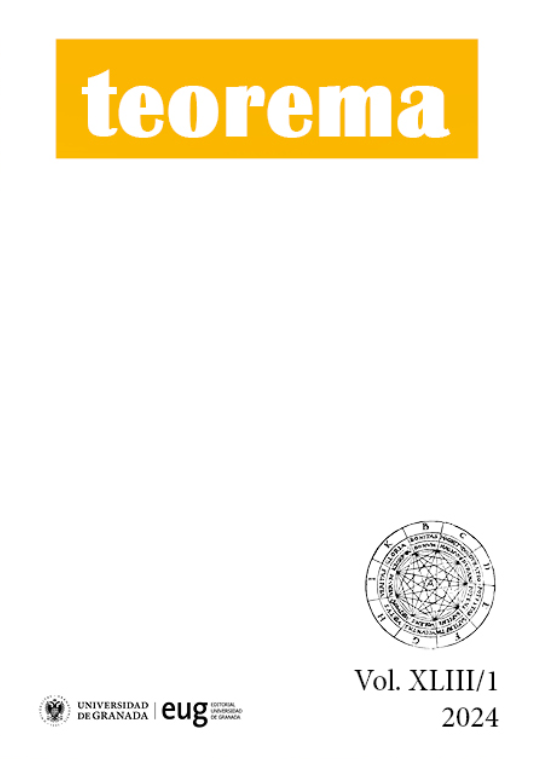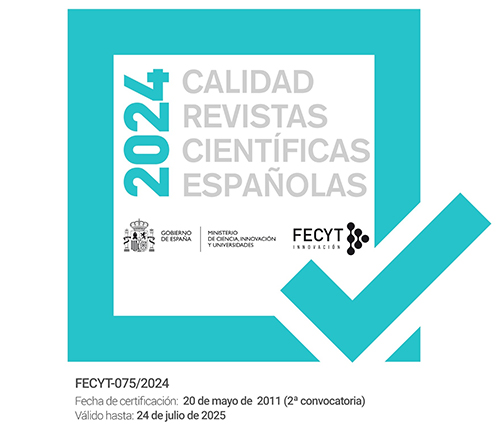In defense of our lives as biological machines
DOI:
https://doi.org/10.30827/trif.34395Keywords:
Free will, Biological determinism, Moral responsibility, Neuroplasticity, Human behaviorAbstract
The preceding pieces thoughtfully argue that we possess free will, both of the type that we would want in the moment, and of the type that has determined the sort of person we turned out to be. Moreover, they argue that this overwhelmingly fits our everyday intuition that we can be free at important moments, and that such moments can reflect our ability to consciously choose to amplify or negate the effects of circumstance upon us. In this piece, I heartily and respectfully disagree with all these points.
Downloads
References
Baron-Cohen, S. (2020). The Pattern Seekers: How Autism Drives Human Invention. Basic Books.
Caspi, A., Sugden, K., Moffitt, T., et al. (2003). Influence of life stress on depression: Moderation by a polymorphism in the 5-HTT gene. Science, 301, 386-389. DOI: https://doi.org/10.1126/science.1083968
Kahneman, D. & Tversky, A. (1979). Prospect theory: An analysis of decision under risk. Econometrica, 47. 163-291. DOI: https://doi.org/10.2307/1914185
Sapolsky, R. (2023). Determined: A Science of Life Without Free Will. Penguin.
Vervaeke, J., Lillicrap, T. P., & Richards, B. A. (2012). Relevance realization and the emerging framework in cognitive science. Journal of Logic and Computation, 22(1), 79-99. DOI: https://doi.org/10.1093/logcom/exp067
Downloads
Published
How to Cite
Issue
Section
License
Copyright (c) 2025 Roberts Sapolsky

This work is licensed under a Creative Commons Attribution-NonCommercial 4.0 International License.













